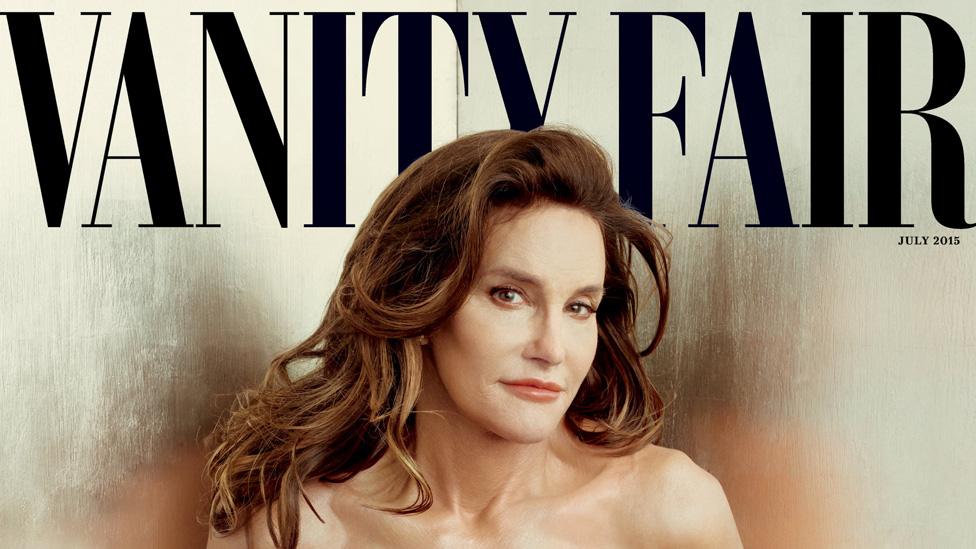Twitter-ban feminist defends transgender views ahead of Holyrood meeting
- Published

Meghan Murphy has been invited to speak to MSPs at the Scottish Parliament
A radical feminist invited to speak to MSPs at Holyrood has defended her controversial views on transgender rights.
Meghan Murphy, who says she has been banned from Twitter, external for her comments on the issue, was invited to the Scottish Parliament by SNP MSP Joan McAlpine.
Both women have voiced concerns that new gender identity laws in Scotland could infringe women's rights.
Campaigners say Ms Murphy wants trans equality protections "ripped apart".
Her trip to Scotland comes as the Scottish government plans reforms to the Gender Recognition Act to allow people to "self-declare" their legally recognised gender.
The proposals have sparked concern among some in the SNP, with 15 of the party's politicians urging the government "not to rush" into "changing the definition of male and female".
Ms Murphy told BBC Radio Scotland's Good Morning Scotland that she was concerned that any new law could "nullify women's rights".
She denied being transphobic, instead insisting that she wanted to ensure the safety of women in places like female prisons, women's refuges, and changing rooms.
Ms Murphy explained: "Women's rights exist because women are born female, not because they identify with femininity, because they wear dresses, because they wear make-up.
"There is an understanding in law that women face oppression and discrimination because they are born female.
"I think we do need to protect everyone from being discriminated against, but we don't need to say that trans-indentifying males are literally female to protect them from discrimination."
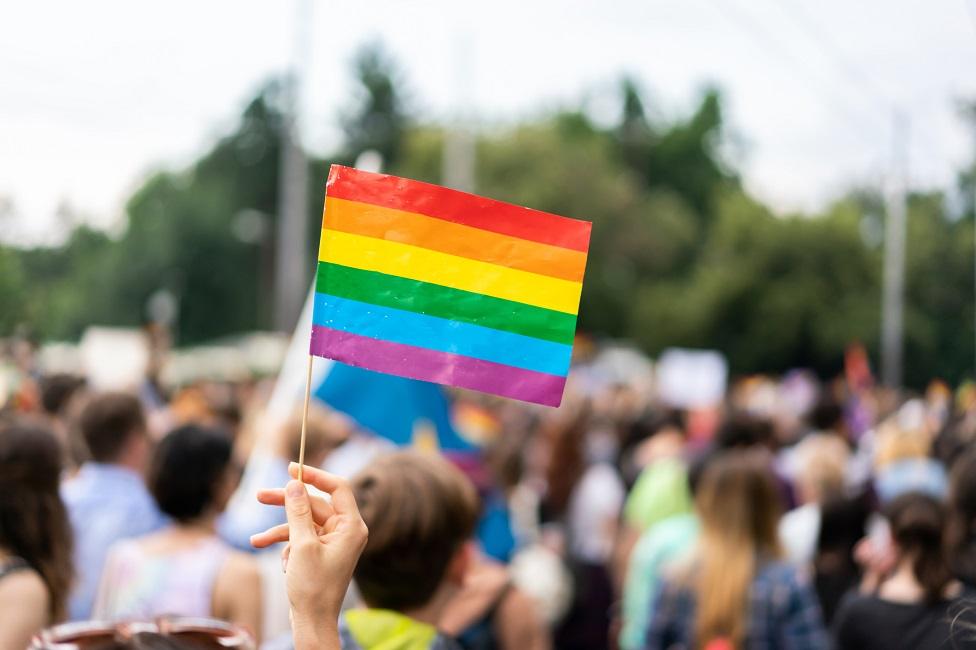
Earlier this year First Minister Nicola Sturgeon said the concerns of feminists over the gender self-identification issue were "misplaced".
She told the UN in New York: "As an ardent, passionate feminist, and have been all of my life, I don't see the greater recognition of transgender rights as a threat to me as a woman or to my feminism."
Asked about Ms Sturgeon's statement, Ms Murphy said: "She is wrong.
"When we're talking about things like female athletes being forced to compete against male athletes because they identify as trans, I think that's harmful to women and girls. Certainly it's unfair.
"I think if we're talking about allowing men to access women's spaces where women are particularly vulnerable - female prisons, transition house, change rooms, then I think that is certainly dangerous for women.
"There have already been situations where men have identified as transgender, been transferred to female prisons and sexually assaulted women."
Public opinion
The number of trans people in Scotland is small - between about 0.6% and 1% of Scotland's population., external
But Ms Murphy dismissed the suggestion that the situations she referred to were isolated cases.
"We're not talking about trans people, we're talking about males," she said.
"The perpetrators of violence against women are men. It doesn't mean that all men are perpetrators of violence against women, it means that some men are and there are reasons that men aren't allowed to access women's spaces."
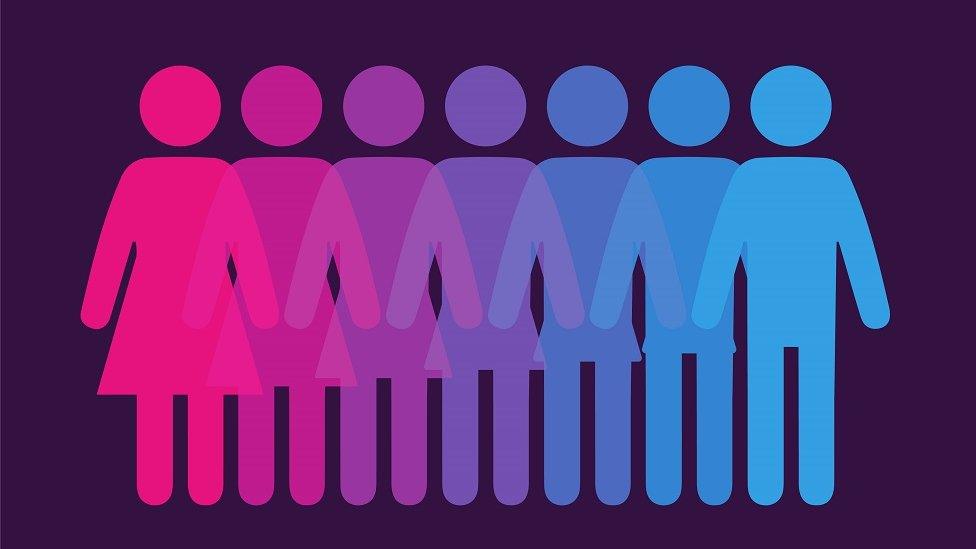
Her views have been criticised by James Morton, the manager of the Scottish Trans Alliance.
He told BBC Radio Scotland: "She isn't purely rejecting self-identification, she's actually calling for all of the decades' worth of equality and human rights protections that trans people currently have to ripped apart and rolled back."
There are simple solutions to ensuring the safety of women, he added.
"Trans people have for decades being using changing rooms and toilets without an issue," he said.
"The vast majority of situations, people are just changing, going to the toilet, there's no instances of problematic behaviour.
'Safety and privacy'
"If there's any suspicion that someone is behaving inappropriately in any way, there are laws against that already and not only can the person be chucked out but the police can be called, they can be prosecuted if they're behaving in exhibitionist or voyeuristic way in any way."
He said research showed the Scottish public were largely in favour of trans equality.
"I think the vast majority of the Scottish public do want people to live with dignity," he said.
"They don't want to force trans people to be treated and live in their birth sex forever. They want there to be safety and privacy for everyone, they want some more MDF cubicles in changing rooms, they don't want to ban all trans people."
'A place where everyone can feel safe'
Equalities Secretary Shirley-Anne Somerville said: "The debate about the rights of transgender people is becoming very polarised and, as cabinet secretary for equalities, I have a duty to try to change that and to encourage respectful debate.
"I hope that - whatever views any of us may hold - we will all unite against transphobia, just as we do against homophobia and any other form of prejudice and discrimination.
"The government has a duty to understand and seek to address the concerns being raised - something I have sought to do since taking this post and which I commit to continue to do.
"I believe we can work through many of these issues, address the concerns, and make Scotland a place where everyone can feel safe.
"Reforming the 2004 Gender Recognition Act remains one of the Scottish government's key equality priorities, to ensure that trans people can enjoy access to an improved gender recognition process that is in line with international best practice."
- Published24 April 2019
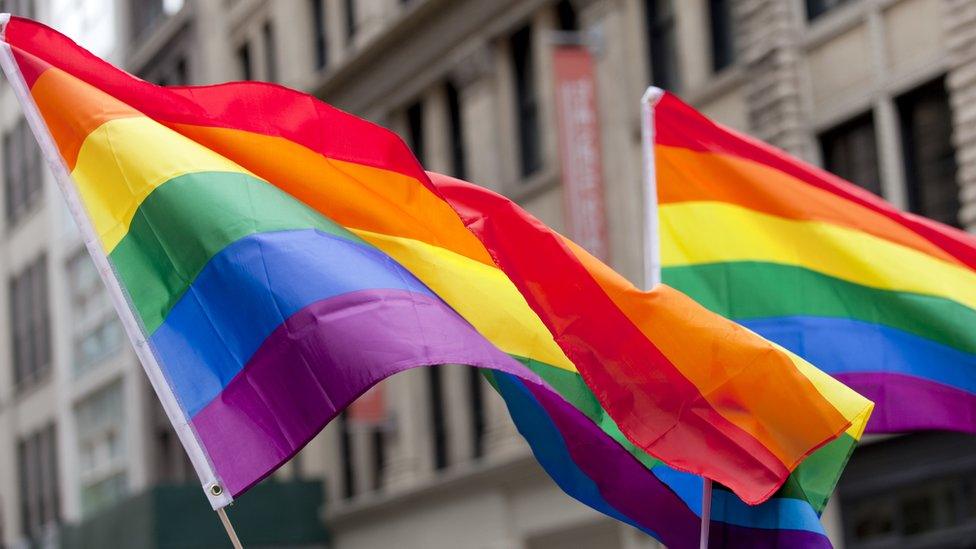
- Published17 April 2019
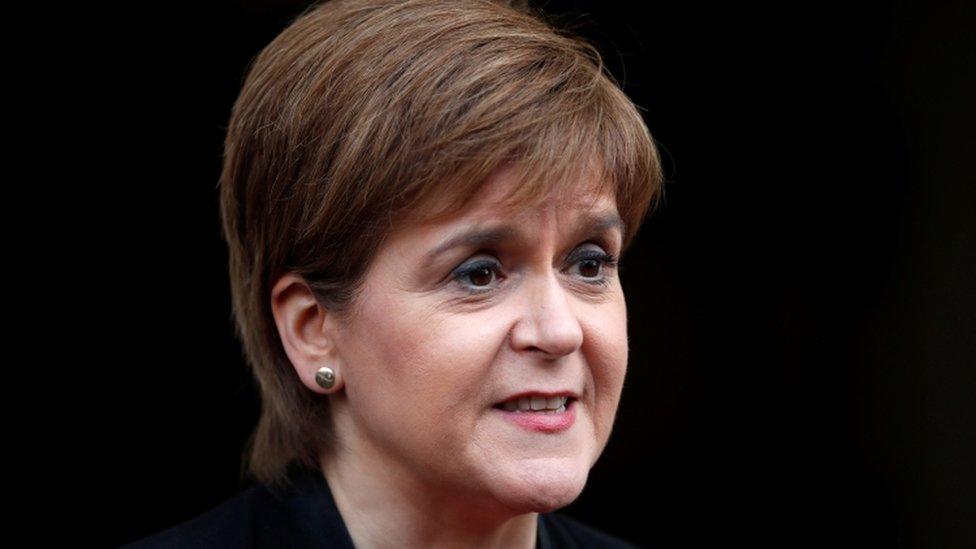
- Published3 June 2015
